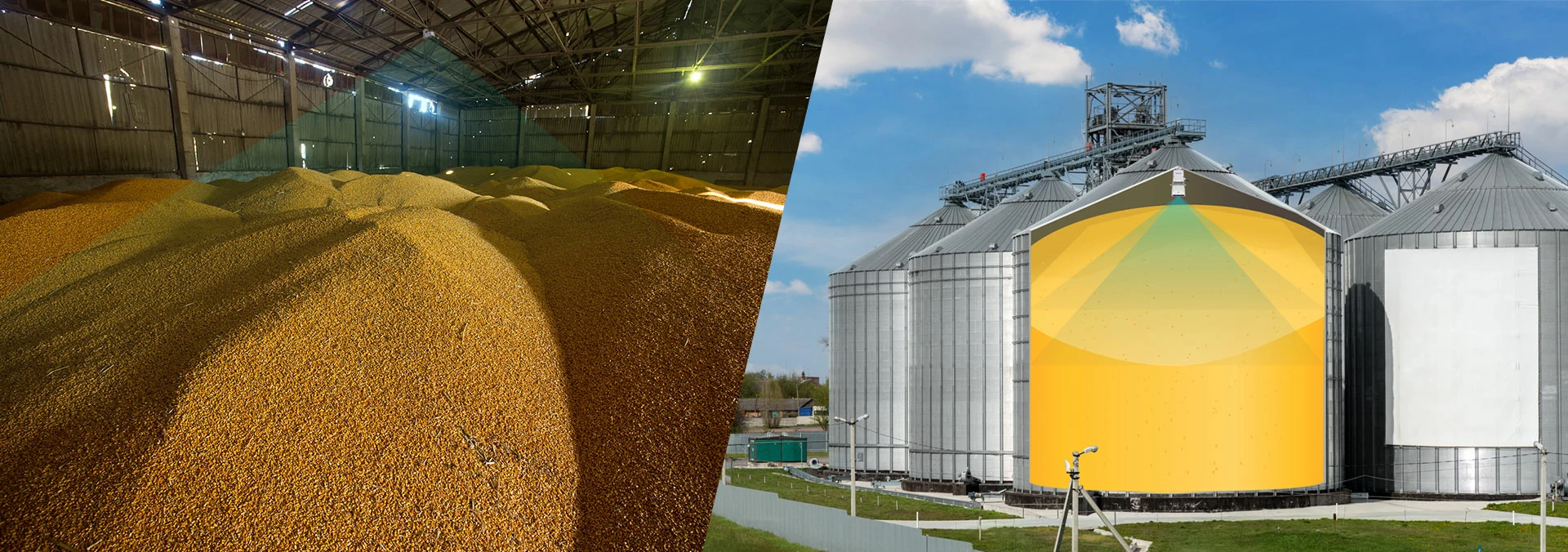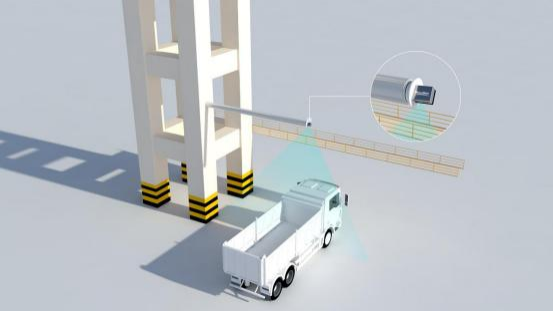
What are Volume Flow Measurement?
Volume flow measurement is a method used to quantify the rate at which a fluid, such as liquid or gas, flows through a system or device. This measurement is crucial in various industries and applications, including water treatment plants, oil refineries, and HVAC systems, as it helps in monitoring and controlling the flow of fluids for efficient operation. Volume flow measurement can be achieved using different techniques, such as flow meters and sensors, which accurately calculate the volume of fluid passing through a specific point over a given period of time. In summary, volume flow measurement is essential for ensuring optimal performance and efficiency in fluid handling systems.
Why are Volume Flow Measurement Important?
Volume flow measurement is important in various industries and applications because it allows for accurate monitoring and control of fluid flow rates. This information is crucial for ensuring the efficiency of processes, maintaining product quality, and meeting regulatory requirements. By accurately measuring volume flow, companies can optimize their operations, reduce waste, and improve overall performance. In summary, volume flow measurement is essential for ensuring smooth and reliable operation in a wide range of industrial processes.
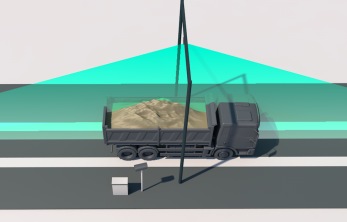
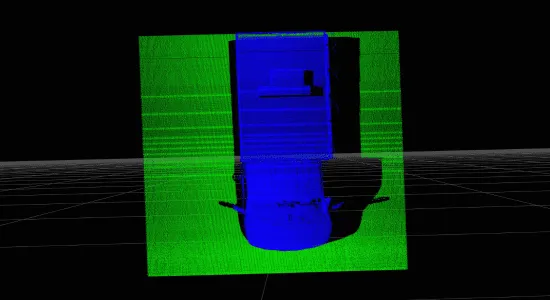
Technologies Used in Volume Flow Measurement
Volume flow measurement is crucial in various industries such as oil and gas, water treatment, and manufacturing. Several technologies are commonly used for volume flow measurement, including differential pressure flow meters, ultrasonic flow meters, electromagnetic flow meters, and turbine flow meters. Differential pressure flow meters work by measuring the pressure drop across a constriction in the flow path. Ultrasonic flow meters use sound waves to measure the velocity of the fluid. Electromagnetic flow meters detect the flow rate by applying a magnetic field to the fluid and measuring the induced voltage. Turbine flow meters utilize a spinning rotor to measure the flow rate. Each technology has its advantages and limitations, and the choice of technology depends on factors such as the type of fluid, flow rate range, accuracy requirements, and installation conditions.
Recent Advancements in Volume Flow Measurement
Recent advancements in volume flow measurement have revolutionized the way industries monitor and control fluid flow. Traditional methods such as orifice plates and venturi tubes are being replaced by more advanced technologies like ultrasonic flow meters, Coriolis flow meters, and thermal mass flow meters. These new devices offer higher accuracy, improved reliability, and reduced maintenance requirements. Additionally, the integration of digital communication protocols such as Modbus and Profibus allows for real-time data monitoring and analysis. Overall, these advancements in volume flow measurement have significantly enhanced process efficiency and productivity in various industrial applications.
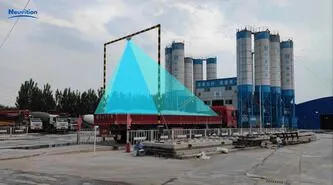
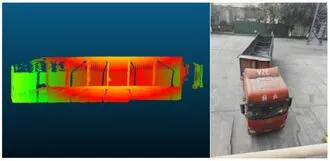
Application Areas of Volume Flow Measurement
Volume flow measurement is a crucial aspect in various industries and applications, including HVAC systems, wastewater treatment plants, industrial processes, and environmental monitoring. In HVAC systems, volume flow measurement helps ensure proper ventilation and air quality control. Wastewater treatment plants use volume flow measurement to monitor and optimize the flow of water and chemicals throughout the treatment process. Industrial processes rely on accurate volume flow measurement to maintain efficiency and quality control. Environmental monitoring applications utilize volume flow measurement to track air and water pollution levels. Overall, volume flow measurement plays a vital role in ensuring the smooth operation and regulation of various systems and processes across different industries. Brief answer: Volume flow measurement is essential in industries such as HVAC, wastewater treatment, industrial processes, and environmental monitoring for maintaining efficiency, quality control, and regulatory compliance.
Neuvition Volume Measurement Solution
Neuvition offers a comprehensive volume measurement solution designed to meet the needs of various industries, including truck, warehouse, and outdoor pile measurement. Our solutions leverage advanced technologies to provide accurate, reliable, and cost-effective volume measurement data, enabling businesses to optimize their operations and make data-driven decisions.
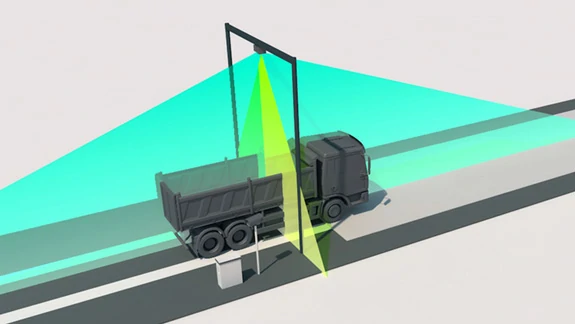
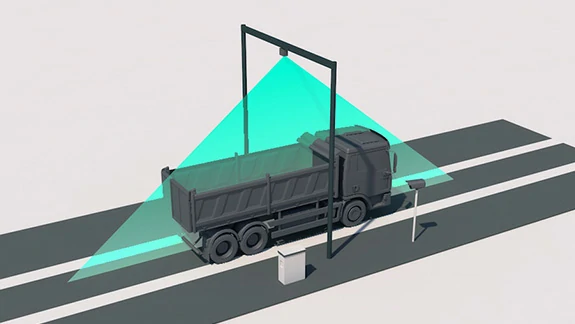
Neuvition Single Line LiDAR Solutions
Neuvition's Single Line LiDAR solutions, including the Titan M1 SL, Titan P1, and Titan W1 with PTZ, are designed to provide accurate and efficient volume measurement in various applications. These solutions combine high-resolution laser scanning with advanced software to deliver precise data and user-friendly interfaces, making volume measurement more accessible and effective than ever before.
FAQ






Contact Us
If you have any questions or suggestions, please leave a message, we will get in touch with you within 24 hours!
